We deliver training, consultancy advice and workshops on autism, autism and mental health, sensory processing disorder and autism and intersectionality for organisations, professionals, and parents.
Training & Consultancy
Autism is a neurodevelopmental condition that affects how people communicate, interact, and perceive the world. People with autism have diverse strengths, challenges, and needs, and often face barriers and stigma in society. By providing training and raising awareness of autism for professionals and businesses, the community can benefit in many ways.
Training and awareness can:
- Increase the understanding and acceptance of people with autism and their families and reduce discrimination and prejudice.
- Improve the quality and accessibility of services and supports for people with autism, such as education, health care, employment, and social care.
- Enhance the opportunities and outcomes for people with autism, such as their inclusion, participation, and contribution in society.
- Promote the recognition and appreciation of the diversity and value of people with autism, and their potential to enrich the community with their skills, talents, and unique strengths
- Can assist parents and carers in understanding and positively supporting neurodivergent young people. Helping them explore their identity and move away from a deficit medical narrative to a strengths based and neuro-affirming one. Autistic people are not broken, they do not need fixing.
Raising Awareness & Campaigning
We continue to campaign in Kent and Medway and to parliament on the need for more services and effective services for neurodivergent people.
Emma has done some work with mind, on their training for schools in Kent on suicide awareness and supports schools to understand autism and mental health and the impact of a deficit model on young people’s mental health.
Tristan is on many steering groups and panels, trying to shape future services for neurodivergent people across Kent and Medway.
Creative & Wellbeing Workshops/Groups
We will be working with other local providers in Kent to deliver groups and workshops for neurodivergent people in the community, using creative and wellbeing processes, to enable the person to have a medium to express themselves and externalise their anxieties and understand how to regulate and advocate for themselves.
Creative and wellbeing support for neurodivergent people and their families can benefit the community in many ways. – It can help neurodivergent people to develop their strengths, interests, and self-confidence, and to cope with the difficulties that a neurotypical society presents.
Provide creative and wellbeing support to benefit neurodivergent people.
- It can help families to understand, accept, and celebrate their loved one’s neurodiversity, to provide them with appropriate and individualised support.
- It can reduce the stigma, discrimination, and isolation that neurodivergent people and their families often face and promote a more inclusive and respectful society.
- It can help address the inequalities in accessing healthcare, education, social care and society.
- It can help reduce the significant disparity in suicides of neurodivergent people (28 x higher than neurotypical people) – It can foster the creativity, innovation, and diversity that neurodivergent people can contribute to society, and recognise their potential and value.
- It can help individuals lead authentic neurodivergent lives within the community and provide better outcomes for them.
To Support Individuals Suffering Isolation & Loss
We will be working with local providers in Kent to deliver groups and workshops, by using creative processes and body movement work to support individuals experiencing isolation and loss.
Many people experience suffering, isolation, and loss in their lives. These negative emotions can have a detrimental impact on their mental and physical health, as well as their social and economic well-being. Timely support in these circumstances supports and aids recovery and ability to cope. It can reduce mental health issues and suicidal ideation and improve feelings of isolation and wellbeing. It helps people to re-engage with life and with their community and with employment.
